Historical Holiday
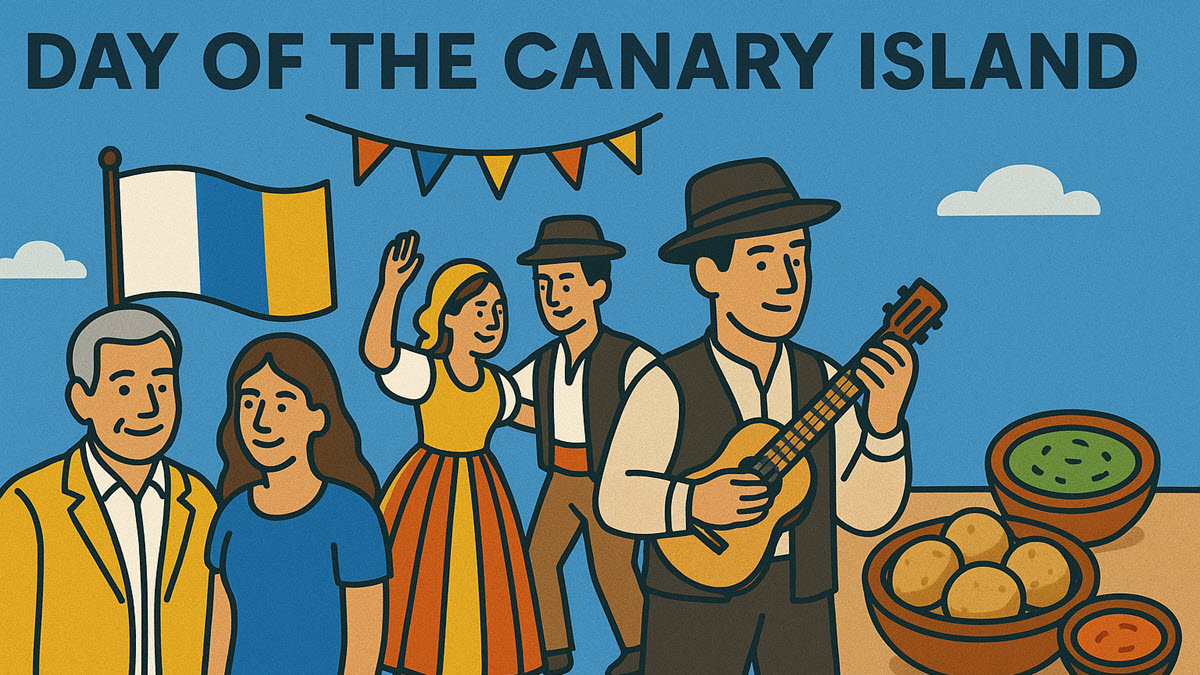
Day of the Canary Islands
The Day of the Canary Islands commemorates the first meeting of the Canary Islands Parliament on May 30, 1983, symbolizing both political autonomy and cultural pride.
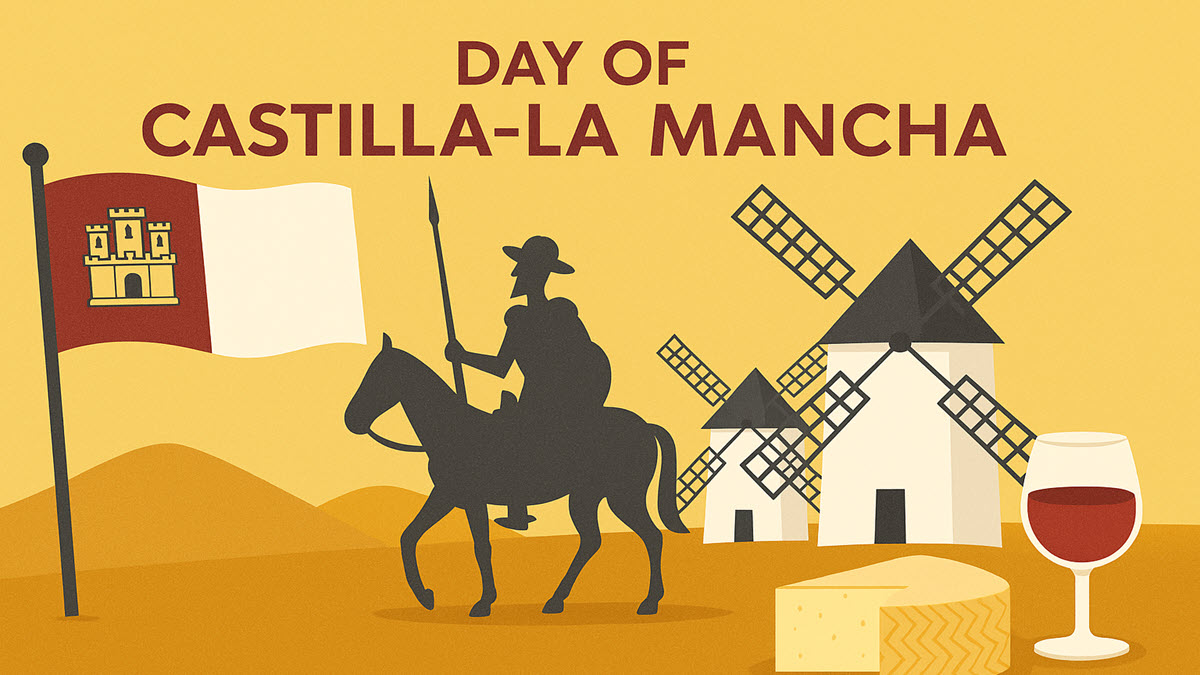
Day of Castilla–La Mancha
The Day of Castilla–La Mancha commemorates the creation of its autonomous institutions on May 31, 1983, following the Statute of Autonomy of 1982. It is celebrated each year with official honors and cultural festivities, symbolizing the region’s unity, traditions and self-government.
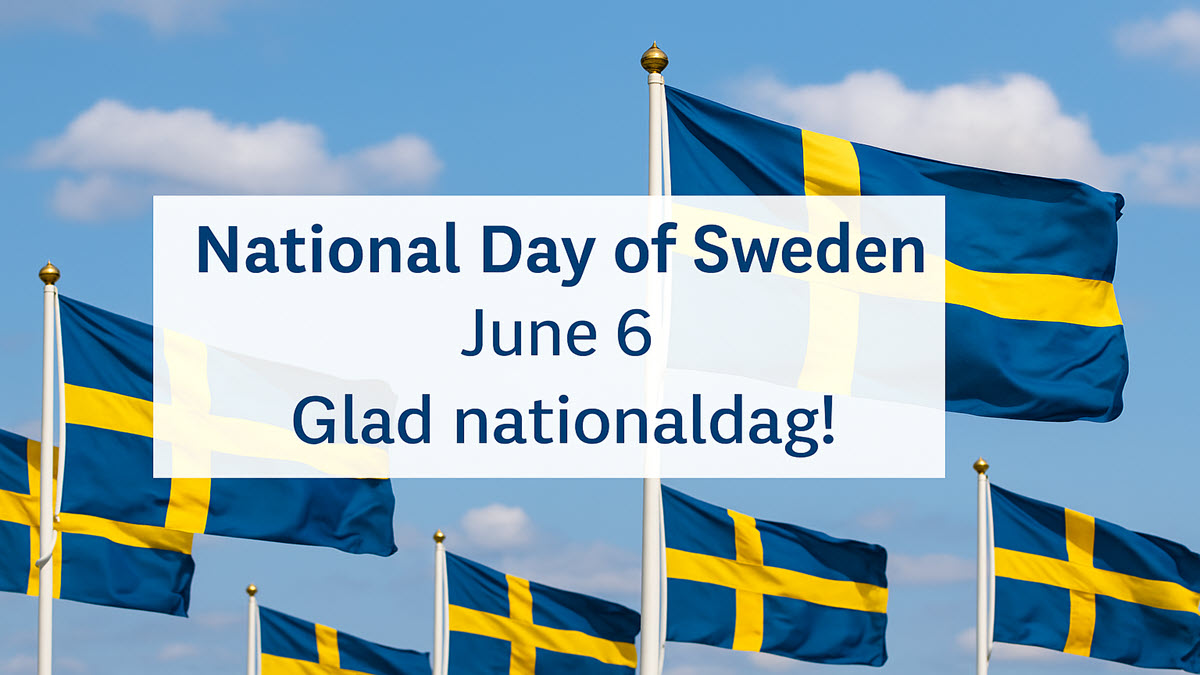
National Day Sweden
Sweden’s National Day commemorates Gustav Vasa’s 1523 election and the adoption of the 1809 constitution. Originating as Swedish Flag Day (1916), it became the official National Day in 1983 and a public holiday in 2005, marked by royal ceremonies at Skansen, flag-raisings, and citizenship events.

Emancipation Day in Tonga
Emancipation Day in Tonga is a deeply meaningful public holiday. It commemorates a monumental reform enacted in 1862 by King George Tupou I, who abolished serfdom and granted freedom and land rights to all commoners. It is one of the most historically significant dates in Tonga’s journey toward becoming a sovereign, modern nation.
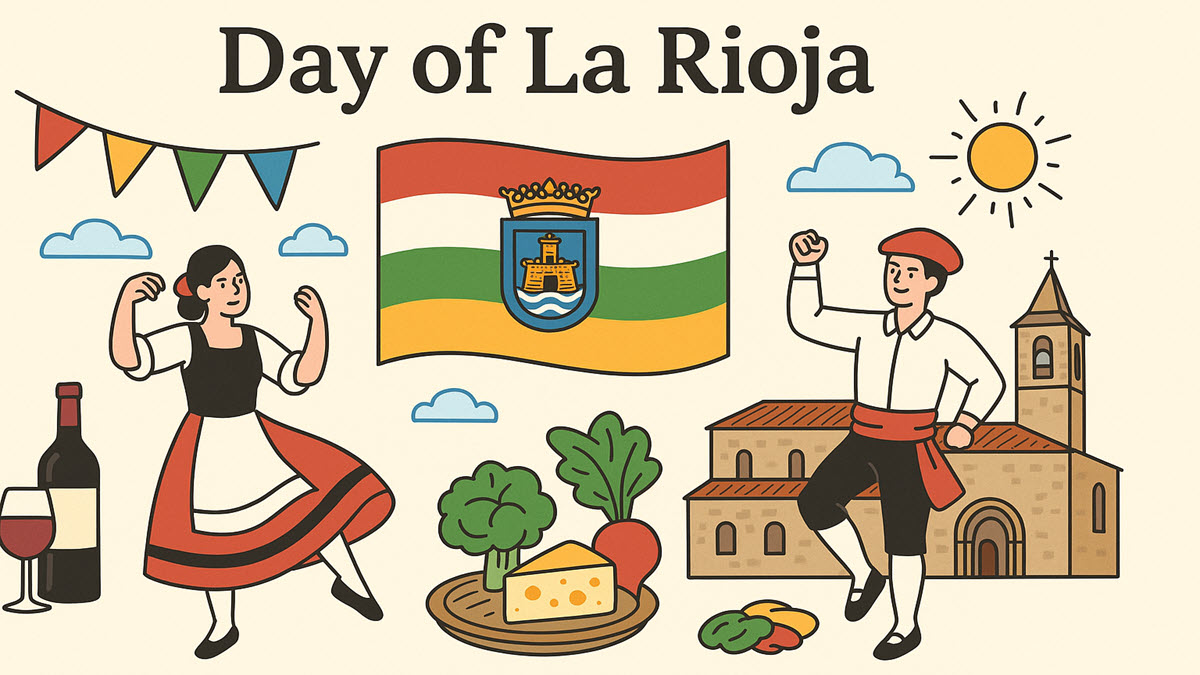
Day of La Rioja
The Day of La Rioja commemorates the region’s autonomy and identity, blending political history with cultural pride, traditional festivities, and the celebration of its rich wine and food heritage.
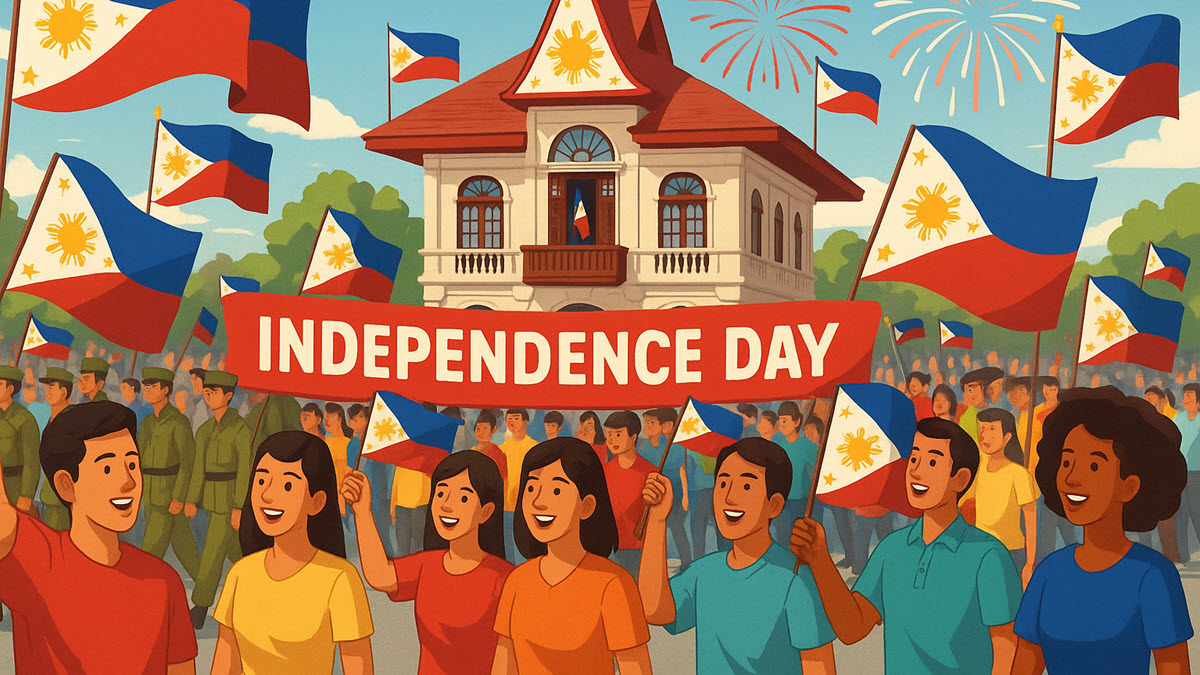
Independence Day (Philippines)
Independence Day in the Philippines commemorates June 12, 1898, when Filipinos, led by Emilio Aguinaldo, declared independence from Spain. Although sovereignty was delayed until July 4, 1946 due to U.S. and Japanese control, the celebration was moved to June 12 in 1962 to honor the nation’s original fight for freedom and self-determination.
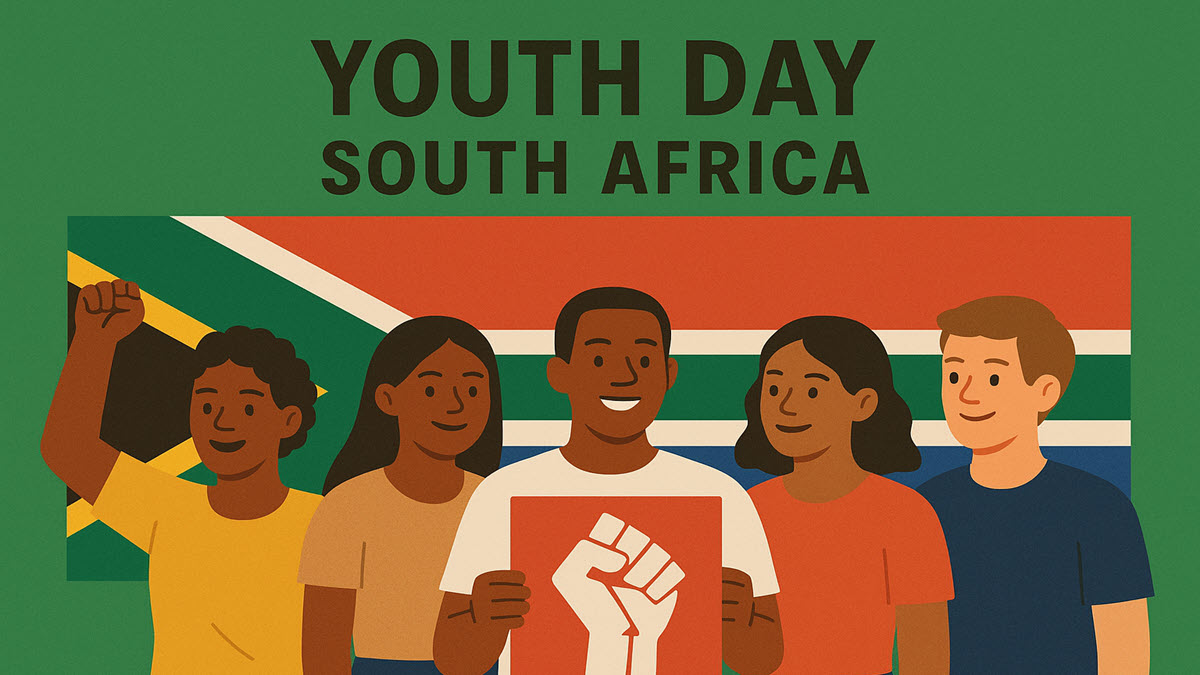
Youth Day (South Africa)
Youth Day in South Africa commemorates the Soweto Uprising of 1976, when thousands of Black students protested against the apartheid government’s policy of enforcing education in Afrikaans rather than in their native languages.
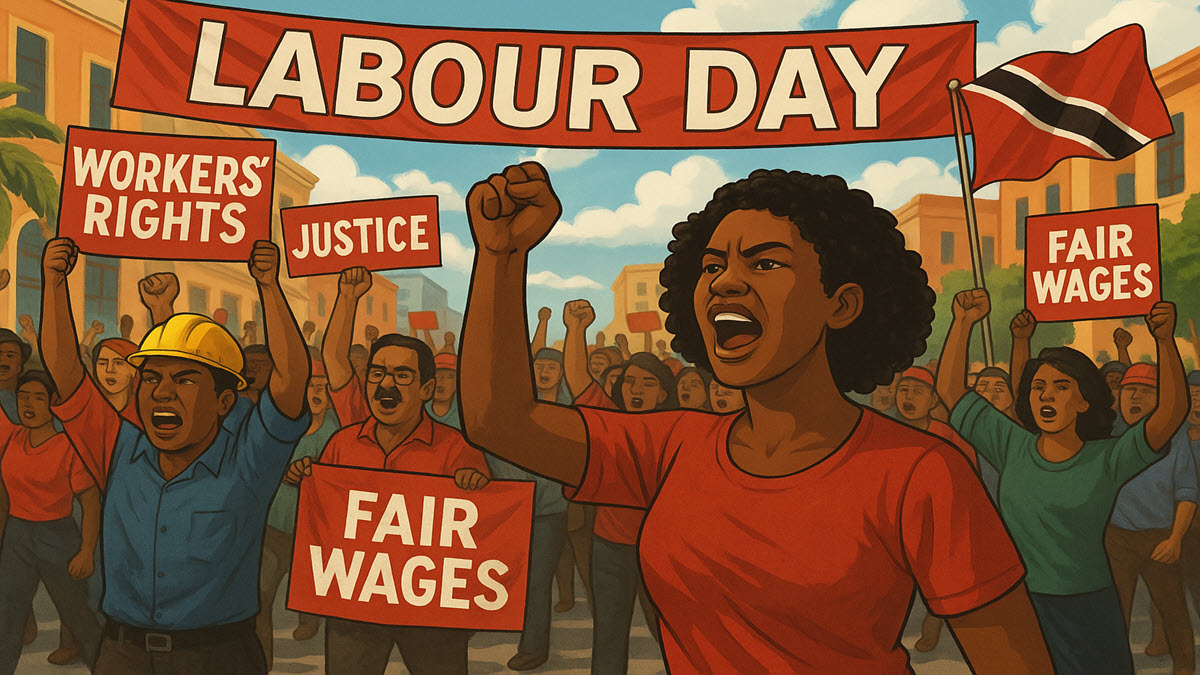
Labour Day Trinidad and Tobago
Labour Day in Trinidad and Tobago is a national public holiday. It commemorates the 1937 labour uprising, led by Tubar Uriah "Buzz" Butler, which gave rise to the country’s modern trade union movement.
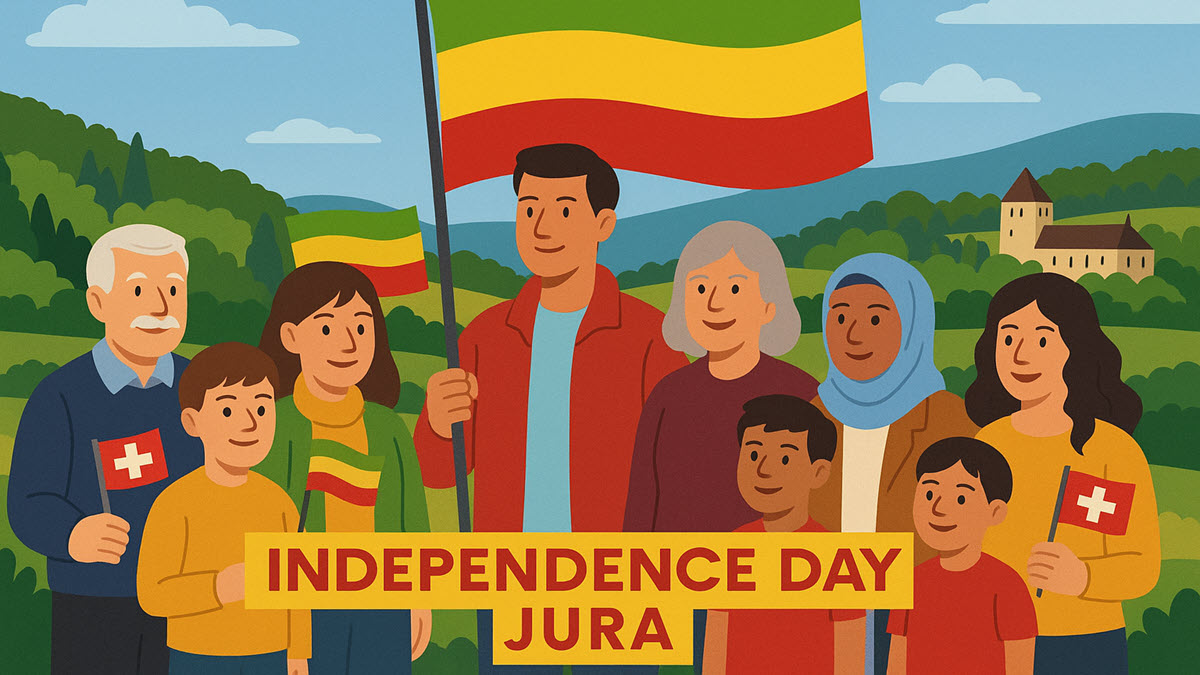
Independence Day Jura
Jura Independence Day marks a pivotal moment in Swiss history, the peaceful separation of the predominantly French-speaking and Catholic region of Jura from the largely German-speaking and Protestant Canton of Bern. The holiday commemorating the 1974 plebiscite in which parts of Jura voted to form their own canton.
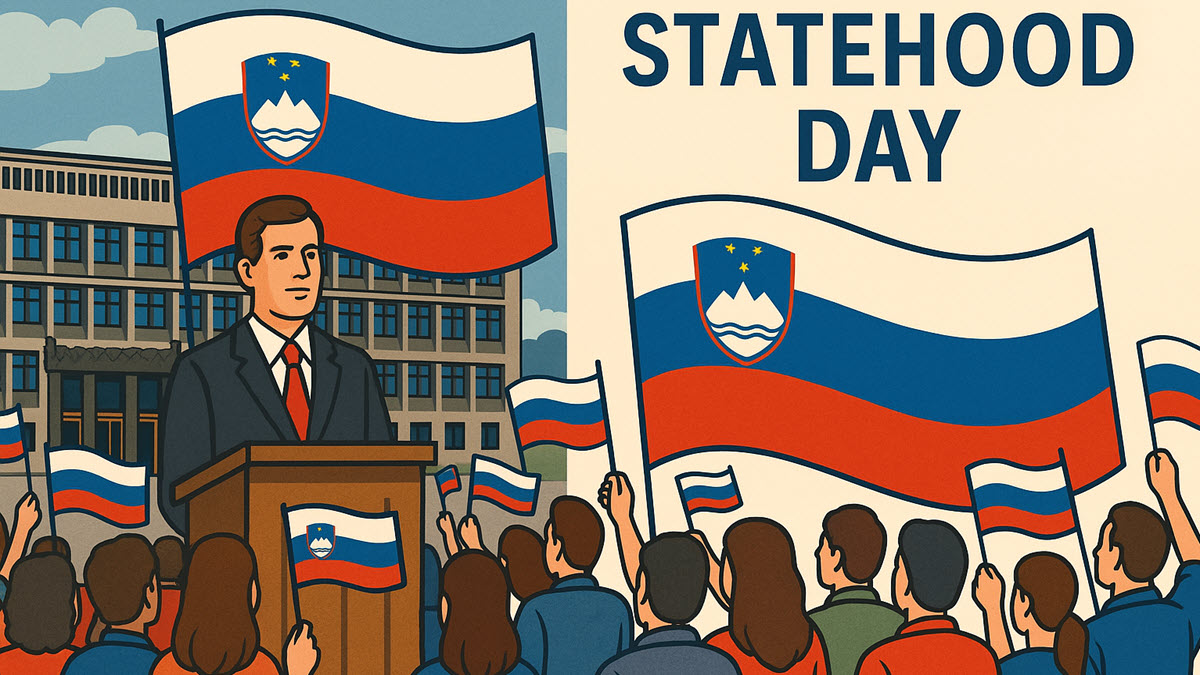
Statehood Day Slovenia
Statehood Day marks the 1991 declaration of independence, when Slovenia formally became a sovereign state after the referendum of December 1990. It is one of the most important national holidays, symbolizing freedom, independence, and self-determination.
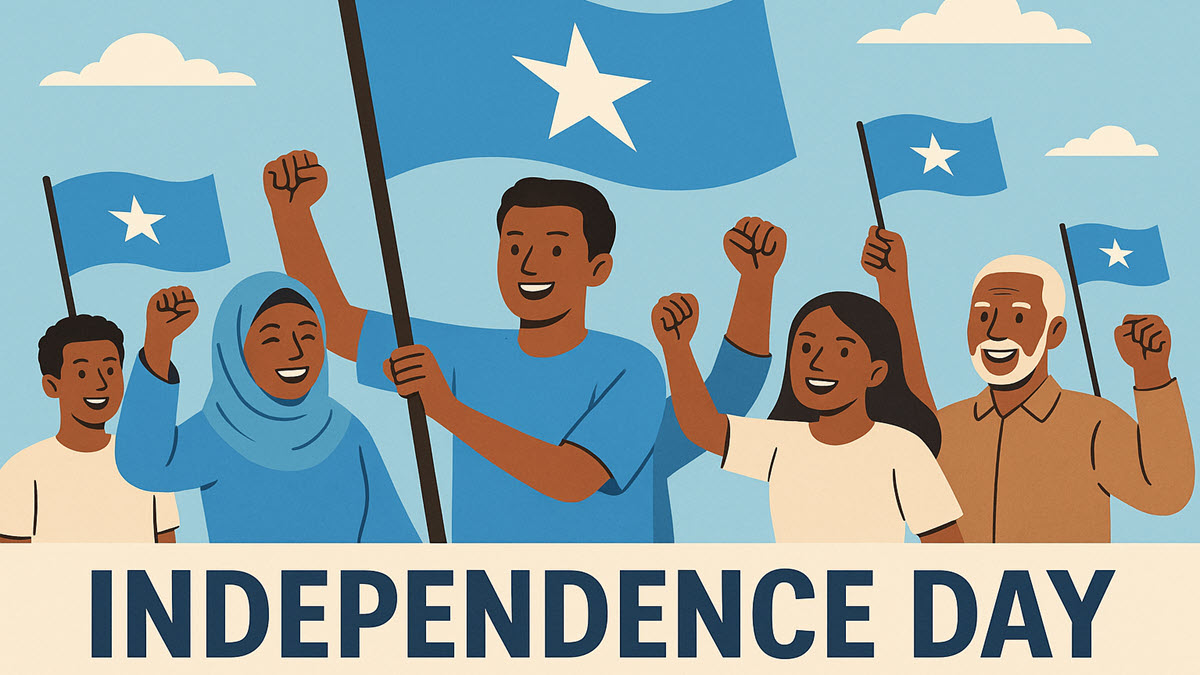
Independence Day (Somalia)
Somalia’s Independence Day (July 1, 1960) marks the union of British Somaliland and Italian Somaliland into the independent Somali Republic, a historic moment of self-determination and unity after decades of colonial rule.
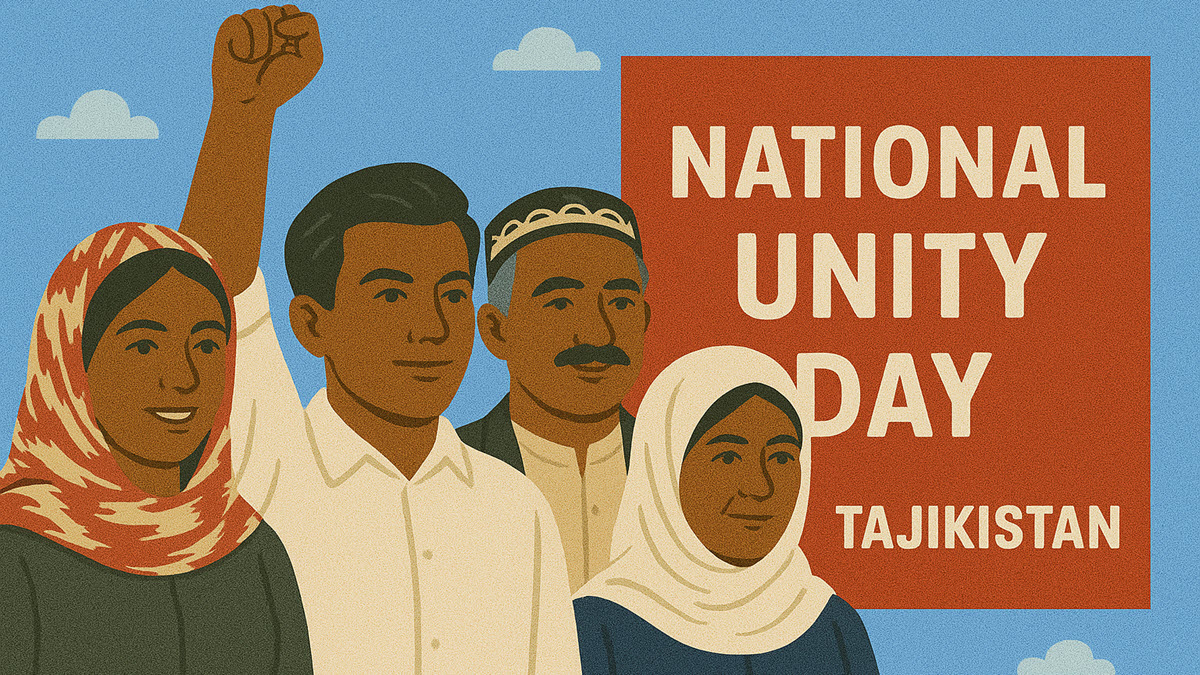
National Unity Day Tajikistan
National Unity Day in Tajikistan is celebrated every year to commemorate the signing of the General Agreement on the Establishment of Peace and National Accord in 1997. This historic accord marked the official end of the Tajik civil war (1992–1997), one of the most painful and destructive conflicts in the country's history.